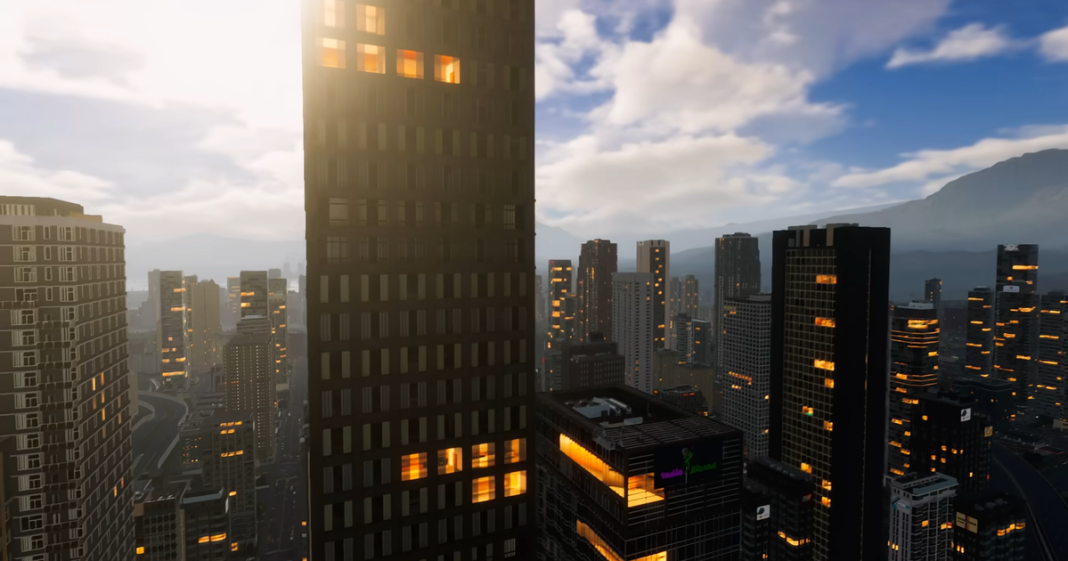A familiar skyline, once a beacon of creative partnership, now seems to stand on divergent horizons. The news broke quietly, yet reverberated deeply through the gaming community: Colossal Order, the brilliant minds behind the beloved Cities: Skylines series, and Paradox Interactive, their long-time publisher, are parting ways after more than 15 years. For fans, it marks the end of an era. For Paradox, it’s another challenging chapter in a period already fraught with difficulty.
The Foundations of a Digital Metropolis
For over a decade and a half, the names Colossal Order and Paradox Interactive were synonymous with quality simulation games, particularly city-builders. Their journey began with the Cities in Motion series, a robust public transport simulator that laid the groundwork for future triumphs. But it was in 2015 that their collaboration truly soared with the launch of Cities: Skylines.
At a time when the city-building genre felt stagnant, Cities: Skylines burst onto the scene with vibrant energy, intricate mechanics, and a deep appreciation for player creativity. It wasn’t just a game; it was a phenomenon, quickly becoming one of Paradox’s most successful titles. The game fostered an incredibly active modding community, cementing its legacy and establishing Colossal Order as masters of the genre. Paradox, with its publishing expertise, helped elevate Skylines from a promising indie title to a global sensation, a jewel in its crown of grand strategy and simulation offerings.
When Paths Diverge: A Publisher’s Perilous Road
Such a long and successful partnership makes this split all the more poignant. While the exact reasons for the separation remain undisclosed, it’s difficult not to view it through the lens of Paradox Interactive’s recent struggles. The publisher has faced a challenging period marked by underperforming releases, fan discontent, and strategic shifts. From the mixed reception and performance issues of Cities: Skylines II to other titles failing to meet expectations, Paradox has been navigating choppy waters.
The departure of a studio as consistently successful as Colossal Order represents a significant blow. It suggests either an irreconcilable difference in strategic vision, a desire for greater autonomy from the developer, or perhaps financial pressures within Paradox prompting a reevaluation of their portfolio. As one industry observer put it, “This kind of separation, after such a long and fruitful run, often signals deeper strategic shifts or financial pressures within the publishing house. It’s rarely just about one game; it speaks to the evolving landscape and the delicate balance between creative vision and market demands.” Losing a cornerstone developer like Colossal Order means Paradox must now fill a substantial void, at a time when they can ill afford further uncertainty.
Looking to New Horizons
For Colossal Order, this split opens a new chapter, promising fresh creative freedom. Whether they choose to partner with another publisher, or even explore self-publishing, their proven talent and dedicated fanbase ensure a bright future. For Paradox, the road ahead seems more challenging. This separation underlines the need for the publisher to re-evaluate its strategy, strengthen its relationships with remaining developers, and ultimately deliver compelling games that resonate with its audience. The gaming world is dynamic, and even long-standing titans face moments of significant change.
The end of the Paradox and Colossal Order partnership marks more than just a business decision; it’s a moment of reflection on a shared legacy and a pivotal point for two significant entities in the gaming industry. As fans, we watch, hope, and remember the countless hours spent building our dream cities, all thanks to a collaboration that, for a long time, felt like it would last forever.




